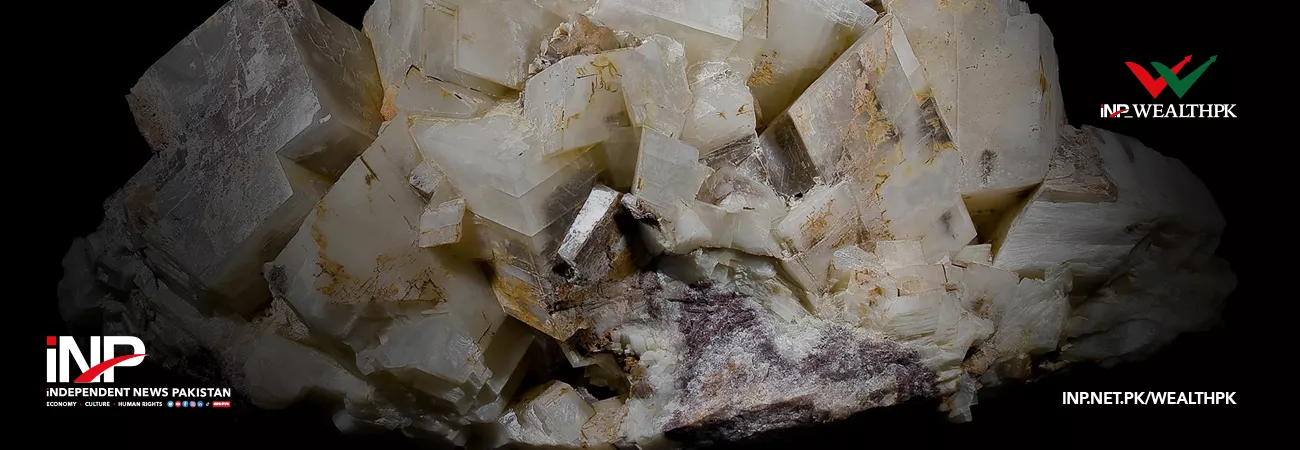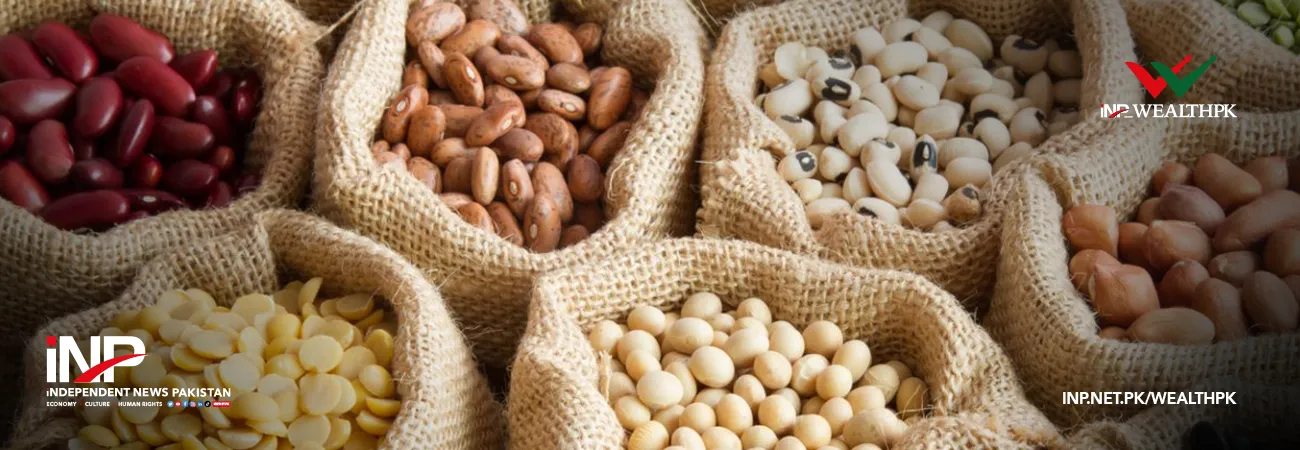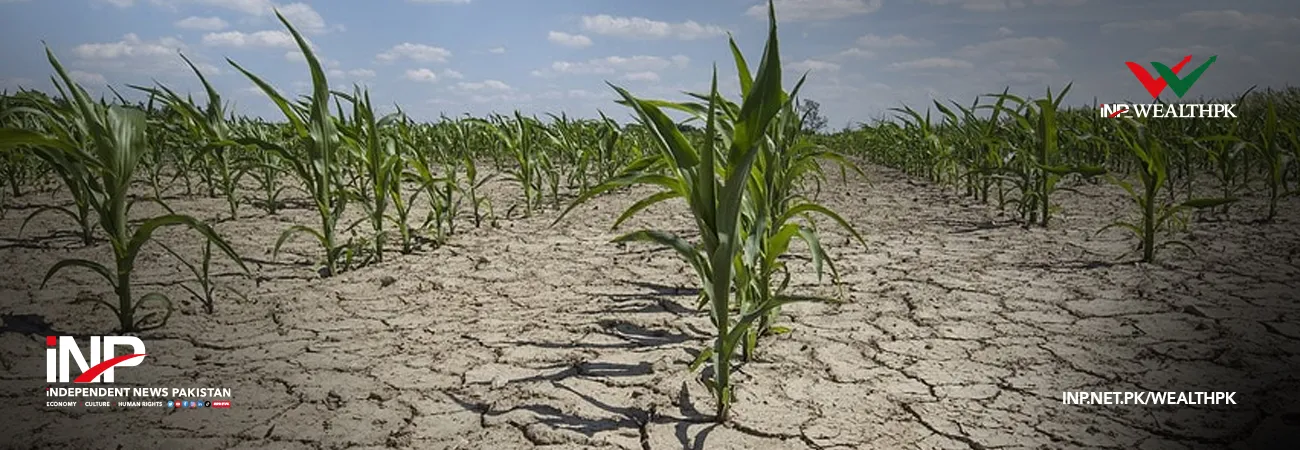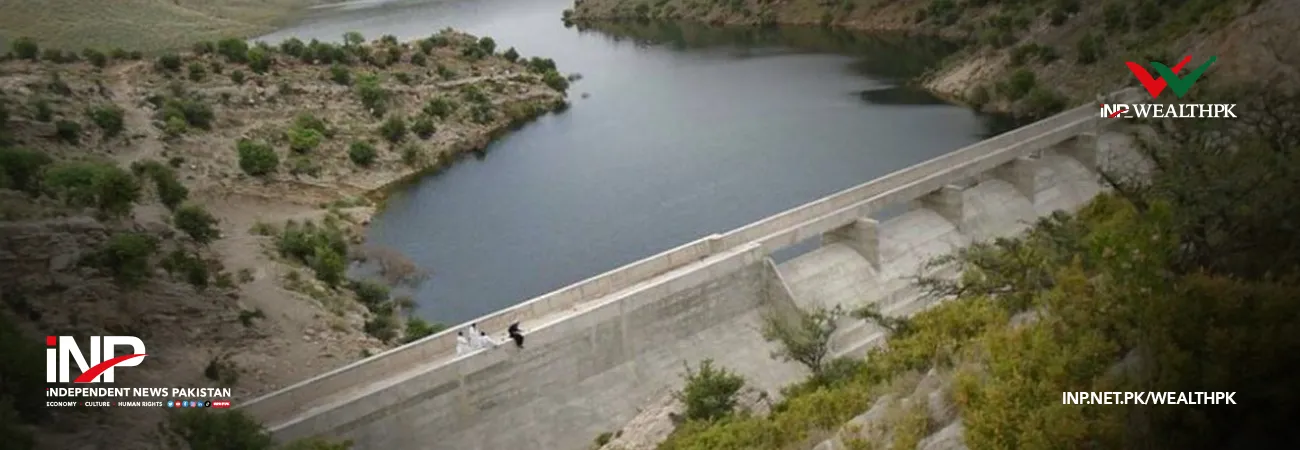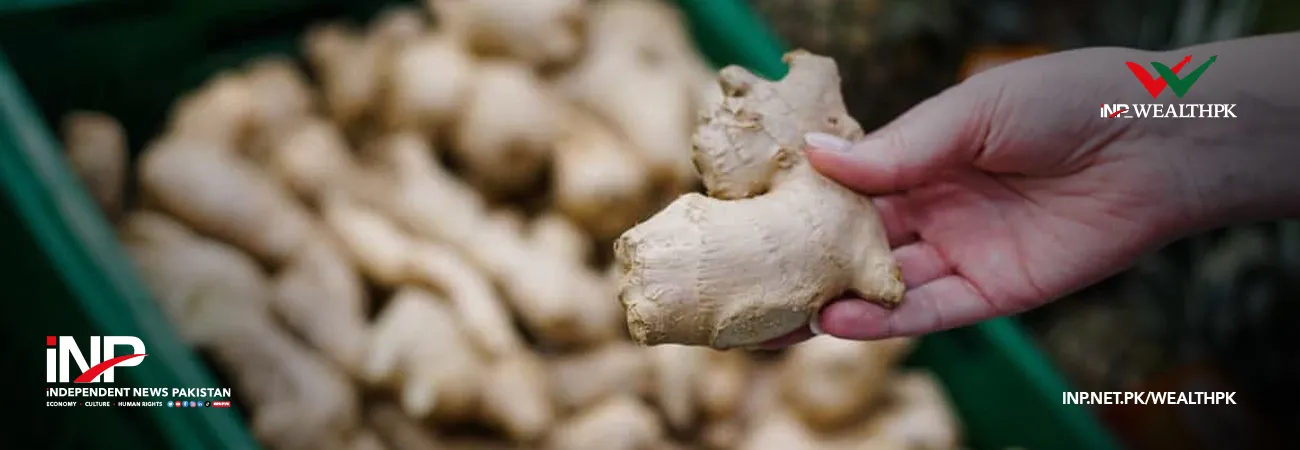INP-WealthPk
Faiza Tehseen
Pakistan has vast reserves of dolomite or calcium magnesium carbonate, but interestingly it is one of the largest imported items, reports WealthPK. Dolomite is a widely used input content of many industrial products. Talking to WealthPK, Principal Geo-scientist at the Global Mining Company Islamabad Muhammad Yaqoob Shah said, “Dolomite is a sedimentary rock possessing magnesium carbonate.
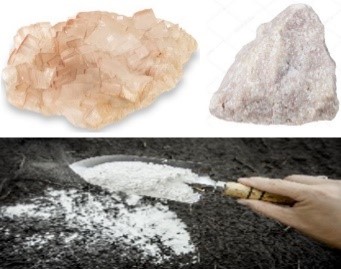
It is abundantly found all over Pakistan. When the magnesium content in limestone is 60% and calcium content is 40%, then it is called dolomite. In other words, dolomite forms when the magnesium carbonate content in limestone is found more than 50%. It is mostly preferred to limestone due to its harder composition, less absorbency, resistance to thaw cycles, and high resilience to acidic erosion. It is ideal to be used as a flux in blast furnaces.’’
Yaqoob, who is also a member of the National Council for Marble & Granite and Minerals, said high-quality refractory bricks are cast out of this rock-forming mineral. If dolomite used in the refractory bricks is high in calcium carbonate content, they are not only expensive but are also considered ideal for use in furnaces, he added.
The global dolomite market size is expected to reach US$2.7 billion at a Compound Annual Growth Rate (CAGR) of 3.9% by the year 2031 from US$1.8 billion in 2021. In the international market, dolomite powder is projected to attain a CAGR of 4% by the year 2031.
Pakistan mostly imports dolomite from China, India, UAE, Oman, Spain, Georgia, etc. Owing to a lack of value addition, Pakistan’s exports of dolomite are limited to a few countries, i.e., Bangladesh, South Korea. It is imported into Pakistan in different forms/titles. In 2021, Pakistan imported US$331.7 million worth of dolomite (in different forms), while the export was worth US$3.79 million.
In powdered form, dolomite has manifold industrial aspects. In the agricultural industry, it is used as a soil neutralizer, to raise the fertility of soil lacking in magnesium, and as a feed additive for livestock; in the rubber industry, it is used to increase the volume of rubber, hardness, and to adjust softness; it adds toughness, stability, and strength to the glass products.
To process metal, it is used as a flux/sintering agent. Crushed in different sizes, dolostone is used as a road/ railway track base material in many forms, e.g., concrete and asphalt aggregate; shot rock, or filler; railroad ballast; calcined to produce cement; as dimension stone. In the chemical industry, it is used as an acid neutralizer. It is also used to maintain ecology and as a soil conditioner. It is used as the limestone substitute when both calcium and magnesium are required in any industrial application. It is also used to enhance the mineral content in purified bottled water/beverages.
Talking to WealthPK about the importance of dolomite processing and mining, geologist and miner Imran Babar said, “The term dolomitic limestone or dolomite is used for a sedimentary carbonate rock mostly consisting of dolomite minerals. It shows hardness from 3 ½ to 4 on the Mohs’ scale of hardness. Sometimes, it serves as the host rock of many other minerals, i.e., copper, lead, zinc, and as a reservoir rock of oil and gas.’’
It is a source of magnesium and magnesia, a constituent of refractory bricks. Owing to its hard composition, it is considered better than limestone. Sometimes, it is used as an aggregate for mixes of bitumen and cement. Pakistan is blessed with its abundance. Unfortunately, negligence and lack of a proper framework for its mining and value additions deprives Pakistan of huge economic benefits, added Imran.
Credit: Independent News Pakistan-WealthPk



